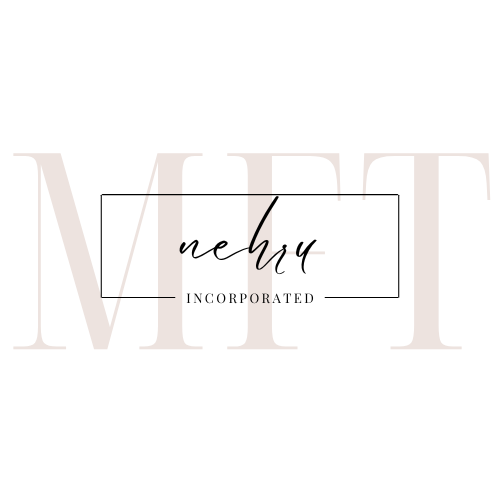CBT & DBT
Commonly referred to as CBT, Cognitive Behavioral Therapy seeks to identify the relationship between your thoughts, feelings, and behaviors. CBT theorists believe that emotional distress stems from an individual's maladaptive thought patterns and beliefs about themselves and the world around them. In essence, the way you feel is directly connected to the way you think. This treatment aims to recognize and challenge a client's cognitive distortions, some of which include catastrophizing, black-or-white thinking, and over-generalization.
Developed by UW's own Dr. Marsha Linehan as a treatment for Borderline Personality Disorder, Dialectical Behavioral Therapy (or DBT) is an evidence-based approach that has proven to increase effective behavior through acceptance and change.
Psychodynamic Therapy
Stemming from Sigmund Freud's Psychoanalytic Theory, Psychodynamic Therapy employs reflection of past relationships and experiences to understand and process present problems. Therapists who utilize this modality operate with the belief that our thoughts, motives, and actions are rooted in the subconscious and are influenced by childhood experiences.
Person-centered Therapy
In contrast to CBT and DBT which focus on behavioral change, Person-Centered Therapy (also known as Rogerian Therapy or Client-Centered Therapy) focuses on the relationship between client and therapist. The goal of Person-Centered Therapy is to empower the client to find their own solutions and fulfillment through acceptance, congruence, and empathic understanding.
